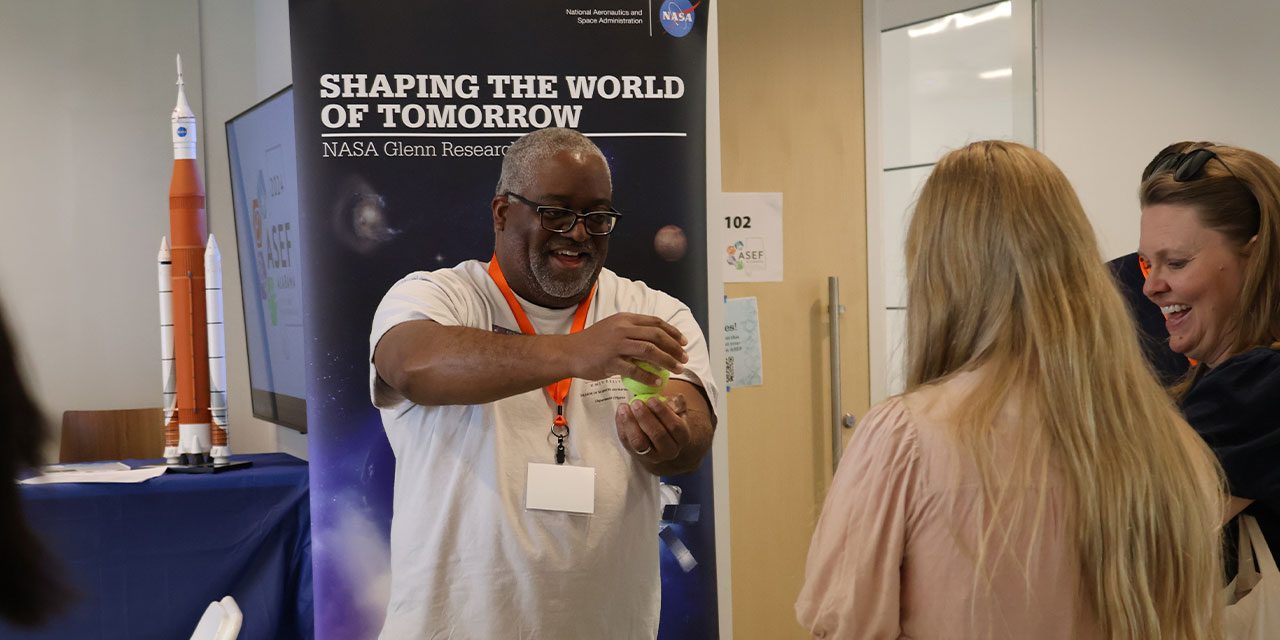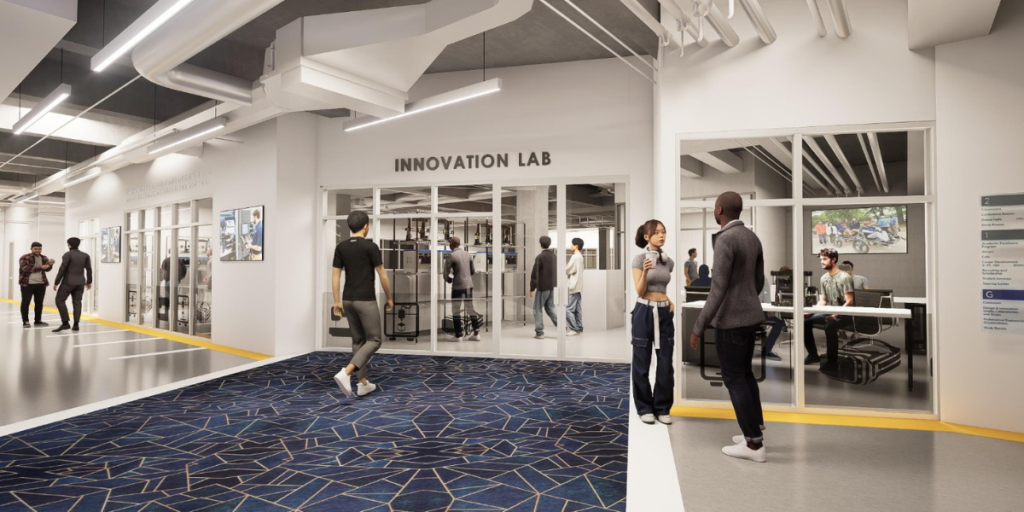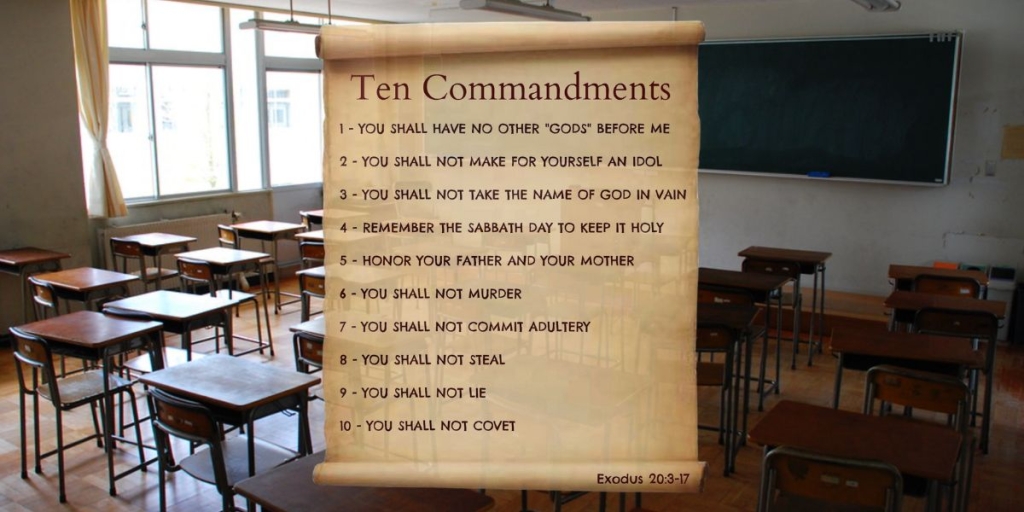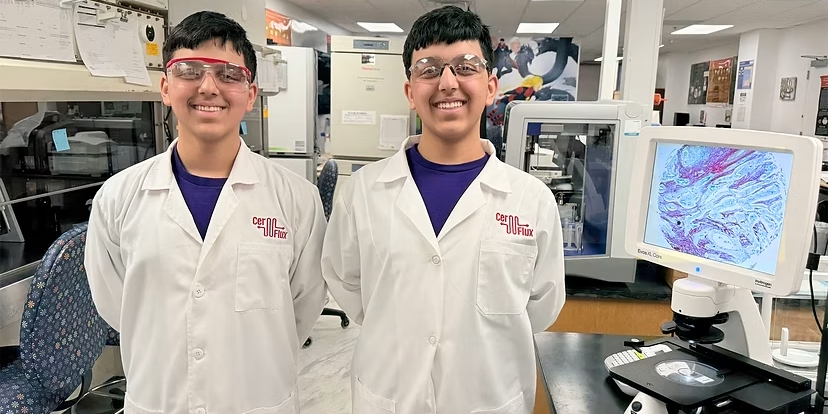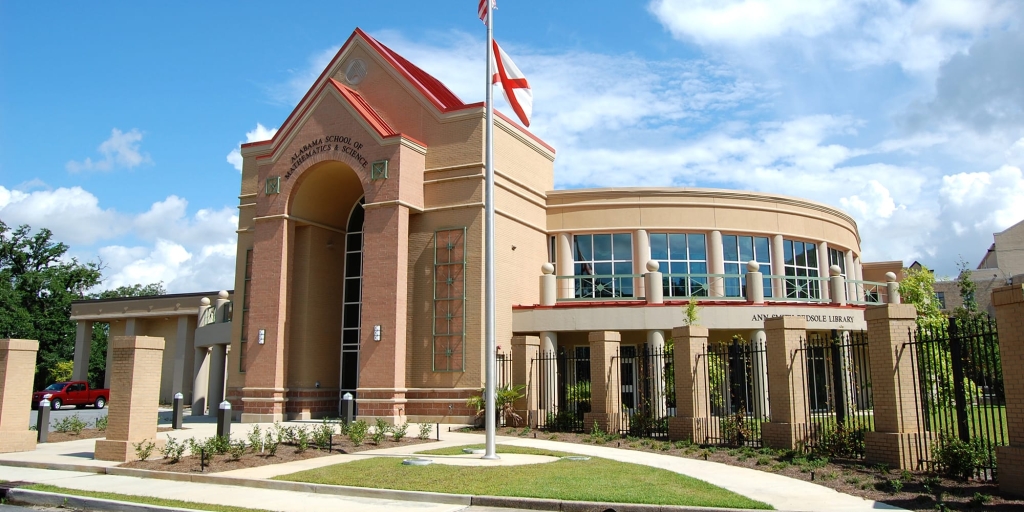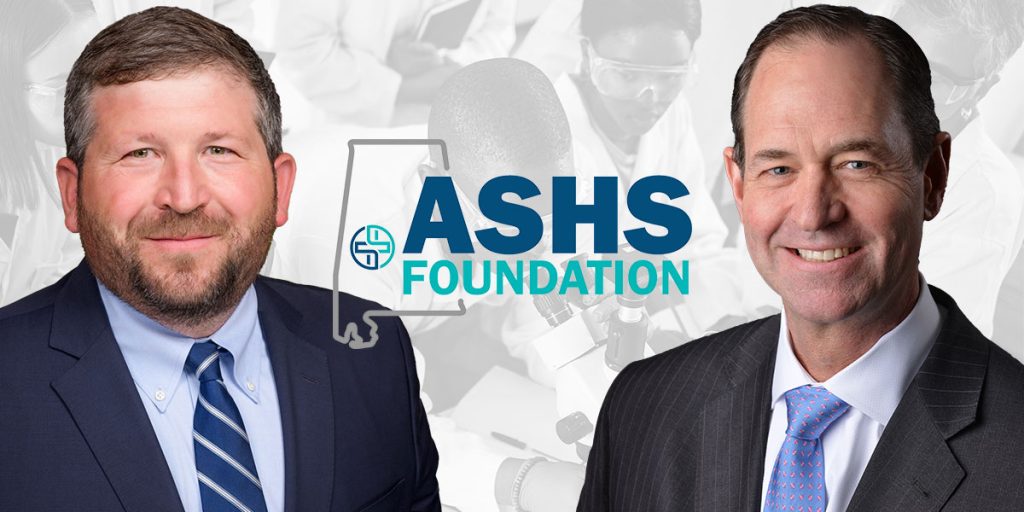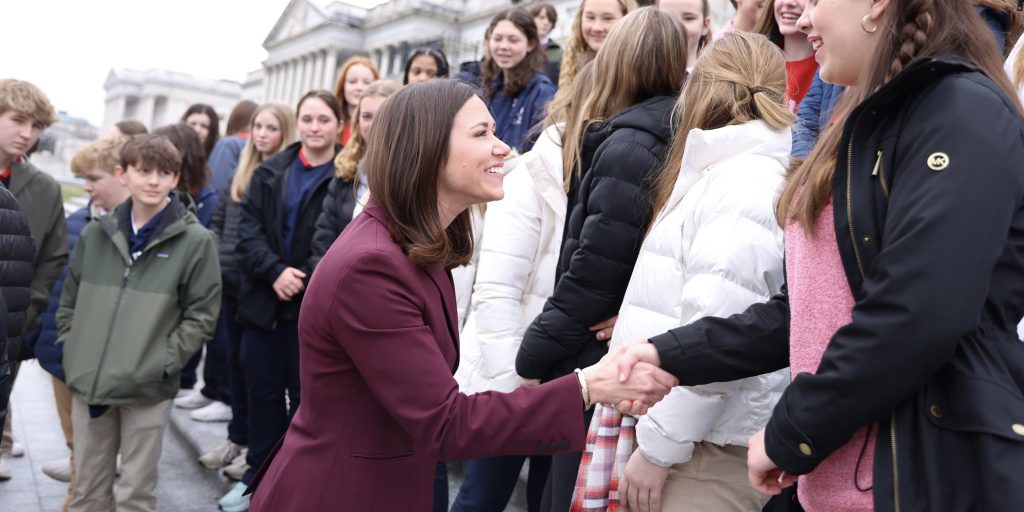Can broadband noise be mitigated through novel acoustic metamaterials?
Can voxel-based morphometry and time-frequency analysis of epilepsy better detect ictal impaired consciousness? How can machine learning predict sanitary sewer overflows?
More than 220 sixth- through 12th-graders answered these questions – and more — via poster presentations and competed for nearly $15,000 in prizes, at the Alabama Science and Engineering Fair (ASEF) at Auburn University.
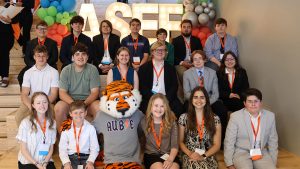
This university-wide outreach event was coordinated by the College of Sciences and Mathematics’ STEM Outreach Office and sponsored by corporations, education foundations and Auburn’s Office of the Provost, College of Sciences and Mathematics (COSAM), Samuel Ginn College of Engineering, College of Agriculture, Raymond J. Harbert College of Business, Harrison College of Pharmacy and the College of Veterinary Medicine.
Auburn has hosted ASEF since 2021 as part of being a hub for STEM (science, technology, engineering and mathematics) education and workforce development in the State of Alabama.
Virginia Davis, the Daniel and Josephine Breeden Professor of Chemical Engineering, and ASEF director of community engagement, said STEM education is vital for the state’s continued economic growth.
“Alabama has shifted to a manufacturing economy and is now the leading exporter of automobiles in the country,” said Davis. “The state’s economy is also bolstered by its strengths in bioscience, advanced materials and aerospace industries. Even in traditional economic bases like agriculture, STEM skills are needed — events like ASEF plant that seed in the minds of children.”
ASEF participants — winners from the state’s four regions (Mobile, Central Alabama, North Alabama and Greater East Alabama) — spend months performing research, investigation and analysis on a topic they find interesting. They learn how to answer questions using scientific methods and build skills and self-confidence by presenting their work to mentors, graduate students, faculty or even industry representatives who engage with them and learn about their work — then provide positive, constructive feedback.
Mary Lou Ewald, director of the COSAM STEM Outreach Center and fair director, considers ASEF to be not just a showcase of innovative projects, but also a celebration of young minds embracing the wonders of STEM.
“Through ASEF and similar initiatives, informal STEM education becomes the cornerstone of nurturing tomorrow’s STEM leaders,” said Ewald who was appointed, with Davis, to the Alabama STEM Council by Gov. Kay Ivey in 2020. “It cultivates a passion for discovery, instills critical thinking skills and ignites creativity that brings forth cutting-edge research. ASEF’s success is not just measured in trophies and accolades, but in dreams inspired and future innovations sparked.”
In addition to the multitude of research projects being presented at ASEF, attendees had the opportunity to participate in interactive exhibits representing disciplines including animal science, forest products, plasma physics, engineering and music.
“This was a true campus experience for these students and their families,” said Jessica Gilpin, assistant director of COSAM STEM Outreach. “They were given an immersive dive into the college atmosphere. It was the best of Auburn — not just a single college. We do this because the children of today are the future of tomorrow and STEM education is everywhere. Any workforce development opportunity that a child is going to be a part of, such as science and engineering fairs, will connect into that.”
Davis said hosting ASEF is a win-win for Auburn and fair participants.
“Hosting the state fair helps to fulfill our land-grant mission, helps with recruiting the best and brightest students in the state and helps provide our current students an opportunity to give back,” Davis said. “It also provides faculty and students an outlet to test ideas and build the infrastructure of the fair system.
Three winners from ASEF — Auburn High School’s Will Bao, Tuscaloosa-Northridge High School’s Rhyana Mahatsente and Indian Springs High School’s Max Lizee — were chosen to compete with 1,800 other participants from more than 50 nations for more than $4 million at the Regeneron International Science and Engineering Fair this weekend, in Los Angeles.
Bao’s research presentation, “Machine-Learning-Driven Discovery of Novel Acoustic Metamaterials for Broadband Noise Mitigation,” was not only an ASEF finalist, but also captured the grand prize — the Southern Research Moving Science Award.
Complete lists of 2024 award winners can be found on the ASEF website.




